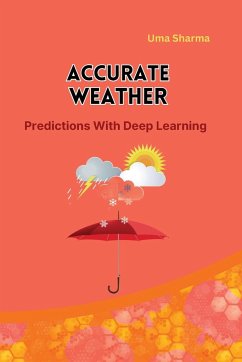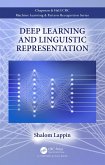Accurate weather predictions are critical for a wide range of applications, from agriculture and transportation to disaster response and public safety. Deep learning, a subset of machine learning that utilizes neural networks to learn from data, has shown promising results in improving the accuracy of weather predictions.In deep learning-based weather prediction, historical weather data and other relevant variables, such as atmospheric pressure and humidity, are fed into a neural network. The network is trained to recognize patterns in the data and learn how these patterns relate to weather conditions.Once the network has been trained, it can be used to make predictions based on new data. This allows meteorologists and other weather experts to make more accurate predictions of future weather conditions.One of the key advantages of deep learning for weather prediction is its ability to handle large amounts of complex data. Weather patterns are influenced by a wide range of variables, and deep learning algorithms can identify and account for these variables in ways that traditional weather models cannot.Overall, deep learning has the potential to revolutionize weather prediction by improving the accuracy of forecasts and providing more timely and reliable information to the public.
Bitte wählen Sie Ihr Anliegen aus.
Rechnungen
Retourenschein anfordern
Bestellstatus
Storno




